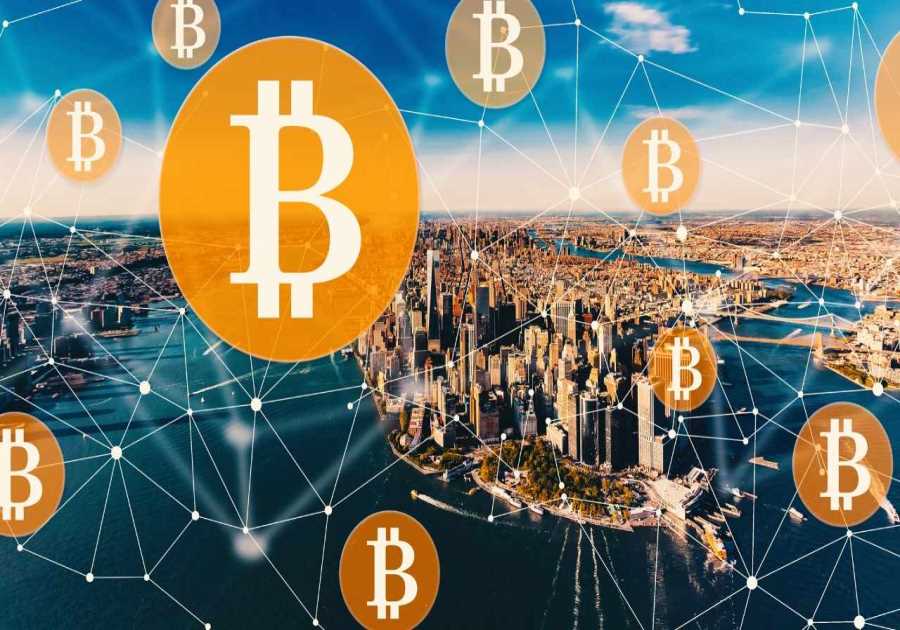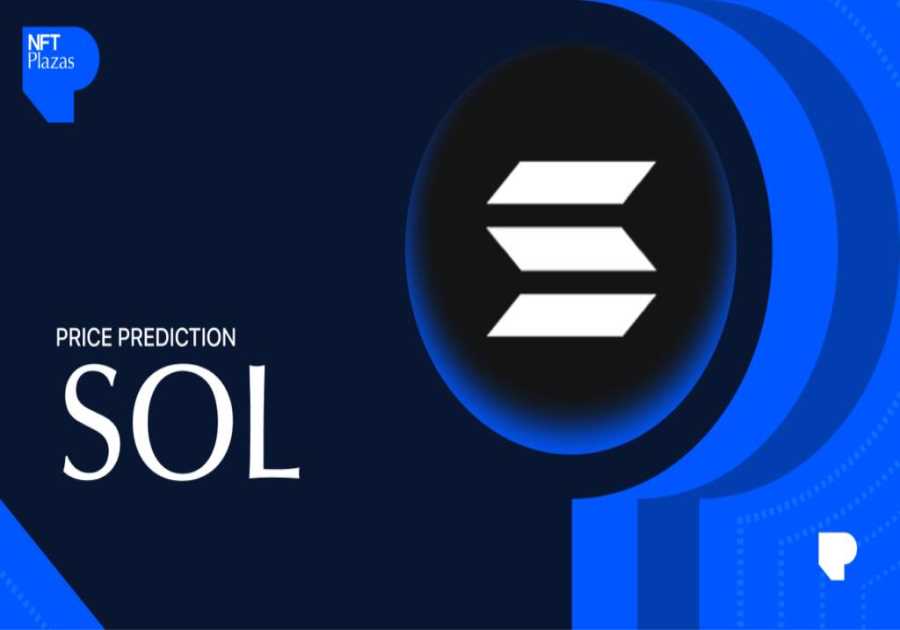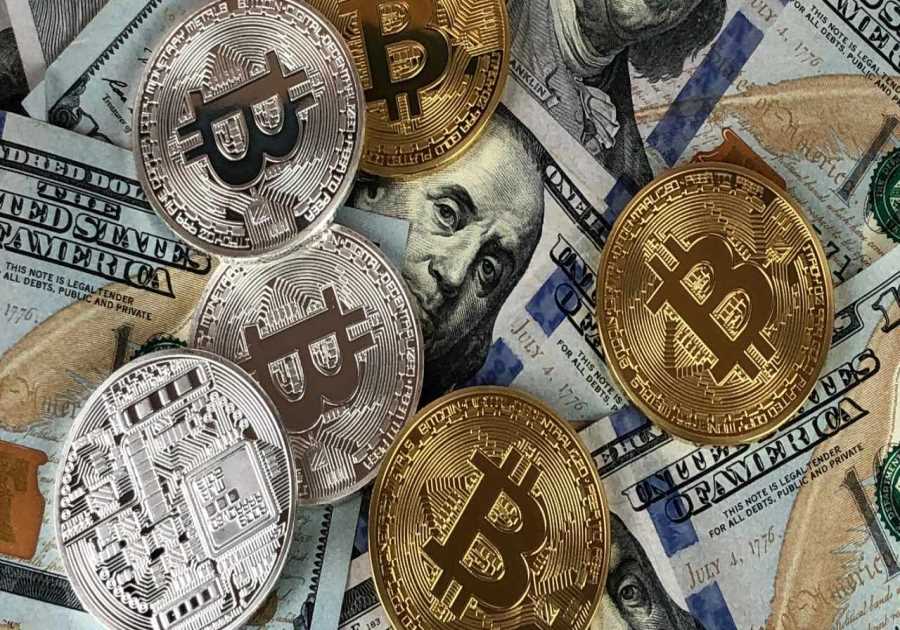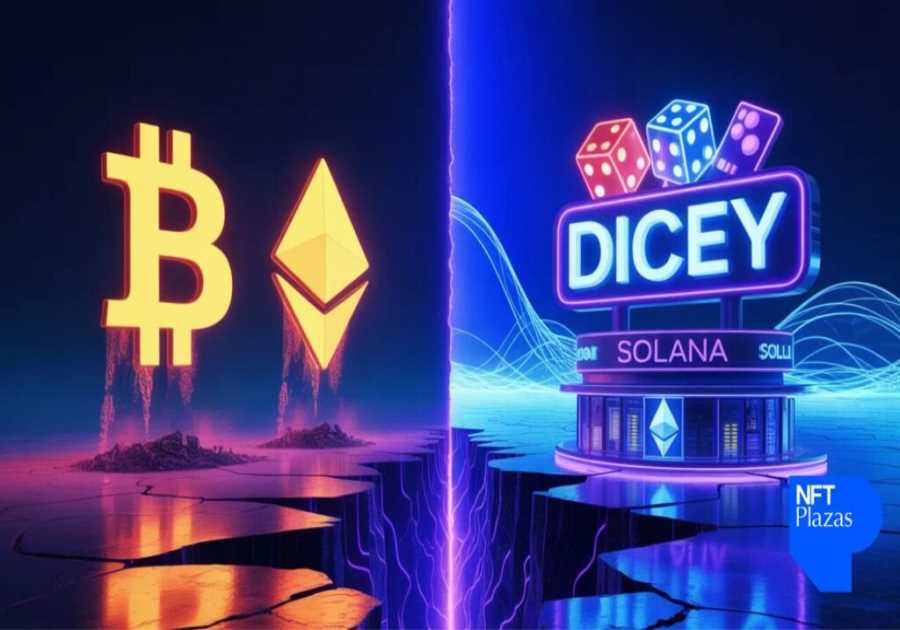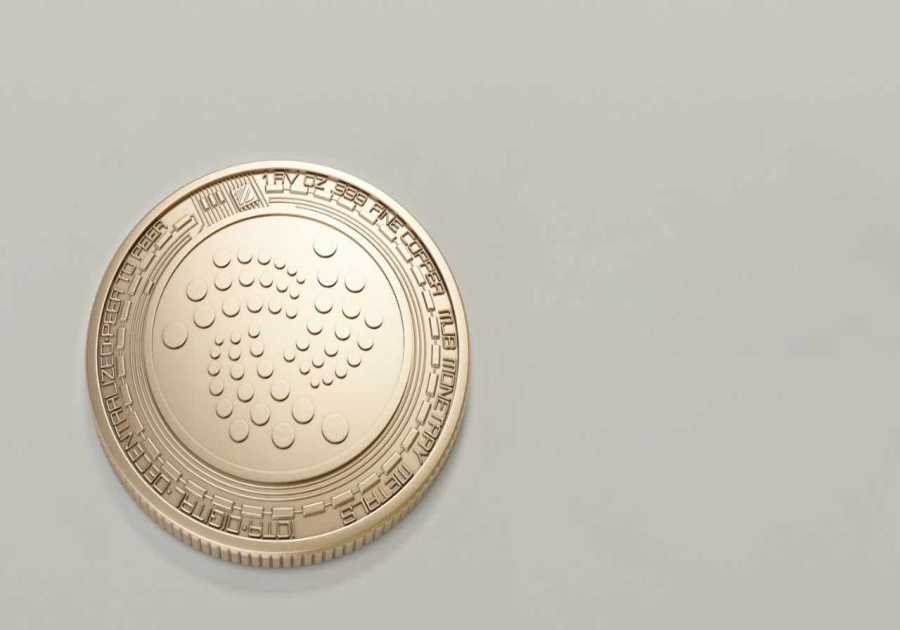Sahara AI is the next AI narrative project listed on Binance. Backed by the well-known YZI Labs (ex Binance Labs), Polychain Capital, and Pantera Capital, with a total capital raised of $51.5M.
For such a popular project, what is the price prediction of the SAHARA token? Explore this article for details.
Learn more: Sahara AI (SAHARA) will be Listed on Binance HODLer Airdrops
Sahara AI: Decentralizing Intelligence with Fair Economics
Sahara AI is a pioneering decentralized AI blockchain that aims to change the artificial intelligence development and monetization in Web3. It directly challenges the centralized parties often captured in the AI industry by building an open, equitable, and collaborative ecosystem where all participants are fairly compensated for their contributions.
Instead of depending on tech giants and centralized cloud providers, Sahara AI leverages blockchain technology to create a secure, transparent, and distributed infrastructure for AI models and data. It marks a future where individuals, small businesses, and enterprises can meaningfully participate in AI development while maintaining ownership of their intellectual property.
Source: Sahara AI

Sahara AI Core Features and Technological Highlights
Sahara AI stands as a foundation at the intersection of artificial intelligence and blockchain technology, designed to decentralize AI. Here are some of the Sahara AI’s core features and technological highlights:
- Decentralized AI Infrastructure: Sahara AI provides a blockchain-focused ecosystem, promoting a decentralized AI ownership model, protecting data, and fairly distributing monetization among all participants.
- Sovereignty and Provenance: Through its blockchain, Sahara guarantees verifiable ownership and the ability to discover all AI assets, including datasets, models, and agents. This immutable record protects creators’ rights and enables transparent attribution.
- AI Utility: Sahara provides an end-to-end ecosystem of tools for the entire AI lifecycle. This includes:
- Data Services Platform (DSP): Enables crowdsourced data collection, labeling, and annotation, allowing contributors to earn rewards for data provided.
- AI Developer Platform: Offers a full-stack development environment for building, testing, and deploying AI models and agents, supporting both technical users with SDKs/APIs and non-technical users with no-code/low-code solutions.
- AI Marketplace: A decentralized hub for users to trade AI assets.

Source: Sahara AI
- Collaborative Economy and Fair Attribution: Sahara AI fosters a system where everybody who contributes, whether by providing data, developing models, or supplying compute resources, is rewarded. This is achieved through mechanisms such as usage fees, royalties, and the SAHARA token.
- Privacy-Preserving Security: It integrates various privacy-enhancing techniques, including zero-knowledge proofs, homomorphic encryption, and differential privacy, to ensure user data remains secure and private during AI training and inference.
- AI-Native Blockchain: Sahara features a complex four-layer architecture built on a customized AI-native blockchain with precompiles that optimize for AI operations, combining on-chain transparency with off-chain performance.
- Personalized AI Agents (Knowledge Agents): These semi-autonomous AI models can manage tasks, operate the ecosystem, and interact on behalf of users, customizable with proprietary data.
Sahara AI Tokenomics (SAHARA)
The SAHARA token is the native utility and governance token of the Sahara AI ecosystem, with a total supply of 10 billion SAHARA tokens. This tokenomics is designed to incentivize participation, facilitate transactions, and enable decentralized governance.
Utility and Core Functions of SAHARA
The SAHARA token is pivotal to each layer of the Sahara AI ecosystem, serving multiple crucial functions:
- Payments for AI Services: SAHARA is the medium of exchange within the network. Users will need SAHARA tokens to access AI models, utilize datasets for training, consume computational power for inference, and license various AI applications available on the platform’s AI Marketplace.
- Incentives and Rewards for Contributors: A core tenet of Sahara AI is fair compensation for all participants. SAHARA tokens are distributed as rewards to individuals and entities that contribute to the ecosystem’s growth and operation. This includes:
- Data Providers: Rewarded for contributing datasets to the Data Services Platform.
- Model Developers: Earn SAHARA for building, training, and deploying innovative AI models.
- Node Operators / Compute Providers: Compensated for supplying the computational resources necessary for AI training and inference.
- Validators: Earn rewards for securing the network and verifying the integrity of AI operations.
- Staking for Network Security: SAHARA holders can stake their tokens to secure the underlying blockchain. This staking mechanism, integral to the network’s consensus, allows participants to contribute to the platform’s security and earn rewards in return.
- Governance: Sahara AI transition towards a Decentralized Autonomous Organization (DAO) model. SAHARA token holders will gain governance rights, enabling holder voting for critical proposals, main upgrades, resource distribution, and the future strategic direction of the ecosystem.
- Access and Licensing: The token facilitates the licensing and access protocols for various AI assets within the ecosystem, ensuring that intellectual property is respected and monetized transparently.
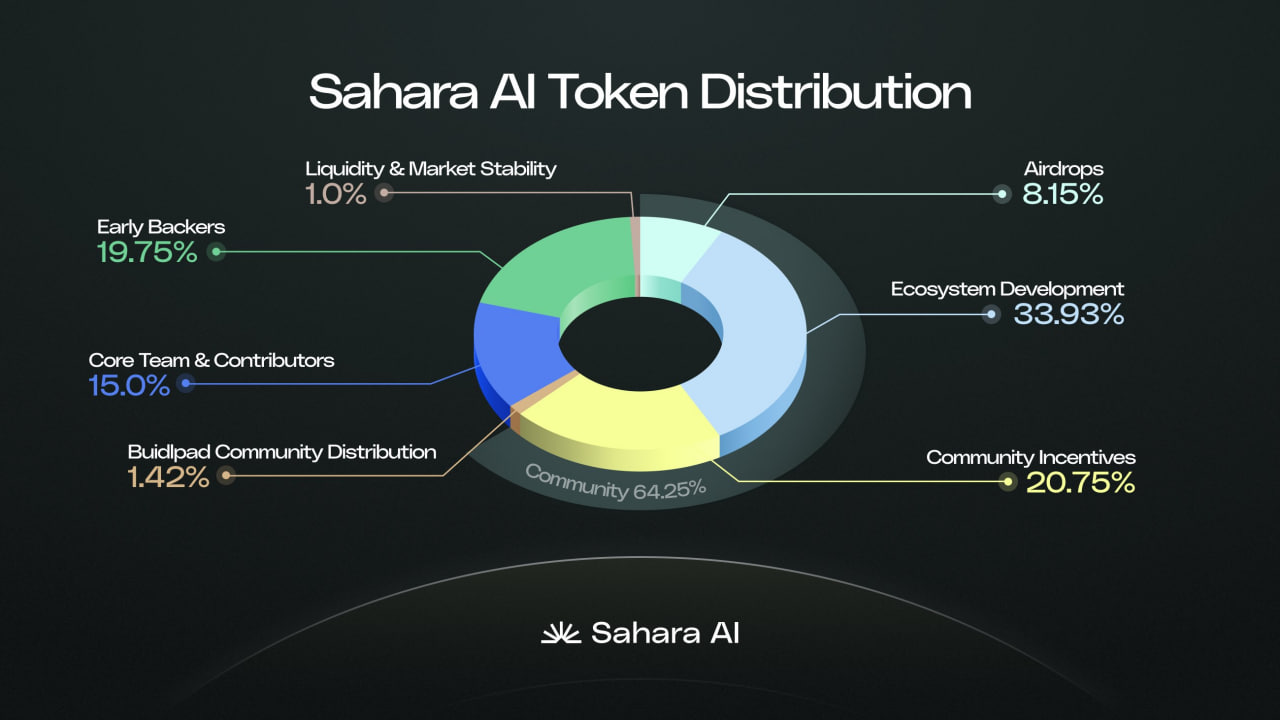
Source: Sahara AI
SAHARA Token Distribution
The SAHARA token distribution is planned to ensure long-term sustainability of the protocol, broad adoption, and equitable incentives for all stakeholders. While distributed percentages can vary slightly based on final announcements, general allocations often look like this:
- Community Incentives (~20.75%)
- Team & Advisors (~15%)
- Early Investors & Backers (~19.75%)
- Ecosystem Growth (~33.93%)
- Liquidity (~1%)
- Airdrops (~8.15%)
- Buildpad Community Distribution (~1.42%)
SAHARA Price Comparison
As a high-profile project backed by major investment funds, Sahara AI is likely to launch at a relatively high listing price at its Token Generation Event (TGE). When compared to other projects within the AI segment, it is uncommon for a well-regarded project to have a fully diluted valuation (FDV) of less than $1 billion at launch.
However, reaching an FDV above $2 billion appears unlikely—especially when benchmarked against established projects such as NEAR and TAO. Should Sahara AI attain such a valuation at TGE, it could face intense sell-off pressure shortly afterward.
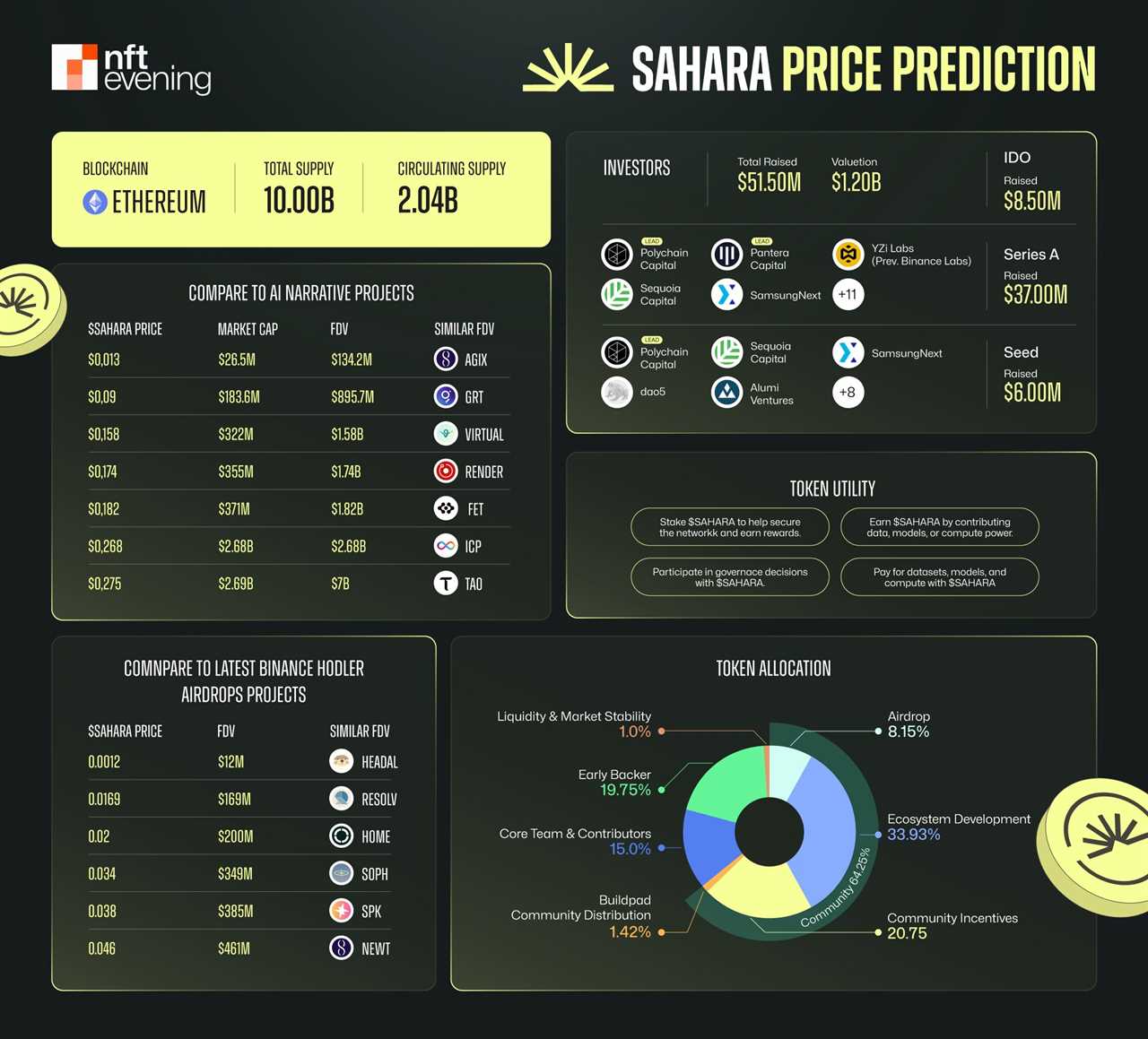
SAHARA Price Comparison
Sahara Ai vs Virtual Protocol
Virtual Protocol VIRTUAL currently has an FDV of approximately $1.58 billion, but its FDV at TGE was only around $550 million. Importantly, Virtual launched during the peak of the AI Agent trend, allowing it to capitalize on that wave of market enthusiasm. This favorable timing contributed significantly to its rapid value growth. In contrast, Sahara is launching in a market environment characterized by uncertainty and skepticism.
Learn more: How to Stake Virtual Protocol?
Moreover, investor attention is increasingly shifting toward Bitcoin (BTC), with relatively less focus on altcoins and newer crypto assets. Given this backdrop, if Sahara were to debut with an FDV similar to Virtual’s current level (~$1.58B), the token could experience a sharp price decline within the first one to two months post-launch.
Sahara AI vs Kaito AI
Kaito AI KAITO, with a current FDV of around $1.45 billion and a TGE FDV of approximately $1.61 billion, offers a more stable case. Kaito AI gained traction as a backend infrastructure for airdrop campaigns across a wide range of projects. This real-world utility boosted demand and contributed to the token’s resilience—KAITO did not undergo a significant drop and recovered quickly after initial corrections.
On the other hand, Sahara AI’s platform serves a more niche and selective user base, which raises questions about the essential demand for its services and the long-term necessity of the project.
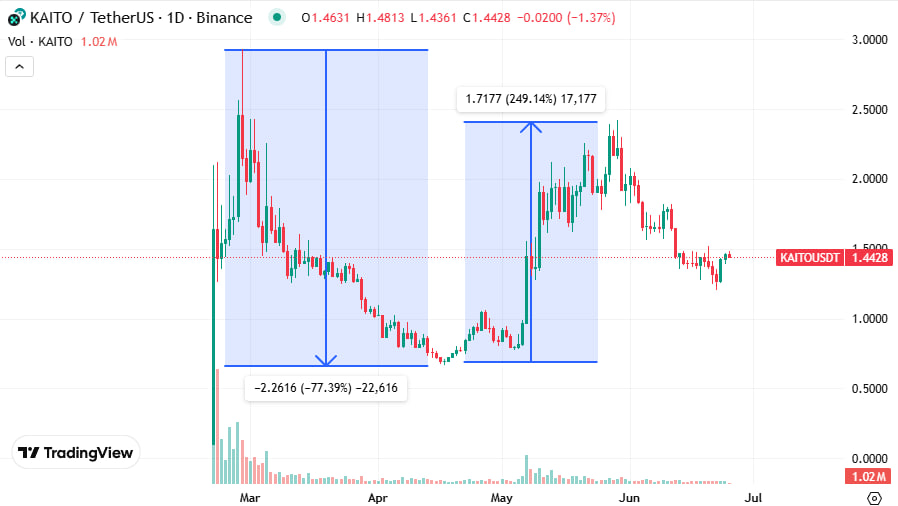
Kaito AI quickly recovered due to its high-value token utilities
Sahara Ai vs other Binance HODLer Airdrops projects

Recent projects launched through the Binance HODLer Airdrops program—such as HAEDAL, NEWT, RESOLV, HOME, SOPH, and SPK—have all experienced significant price declines immediately following their Token Generation Events (TGE).
Given this pattern, SAHARA is unlikely to be an exception and will likely face substantial selling pressure from airdrop recipients upon launch.
SAHARA Price Prediction
Based on the above comparisons and an analysis of Sahara AI’s underlying technology, the project is likely to launch at a price range of approximately $0.14 to $0.17, corresponding to an FDV of $1.4 billion to $1.7 billion at TGE. Following this initial listing, SAHARA may experience a temporary price correction. Therefore, we advise investors to closely monitor the price trajectory and wait for a clear accumulation zone before making any investment decisions.
The post Sahara AI Price Prediction: SAHARA Price Forecast at TGE appeared first on NFT Evening.
Read MoreBy: Noah Johnson
Title: Sahara AI Price Prediction: SAHARA Price Forecast at TGE
Sourced From: nftevening.com/sahara-ai-price-prediction/?utm_source=rss&utm_medium=rss&utm_campaign=sahara-ai-price-prediction
Published Date: Wed, 25 Jun 2025 13:58:07 +0000
----------------------------
.png)
